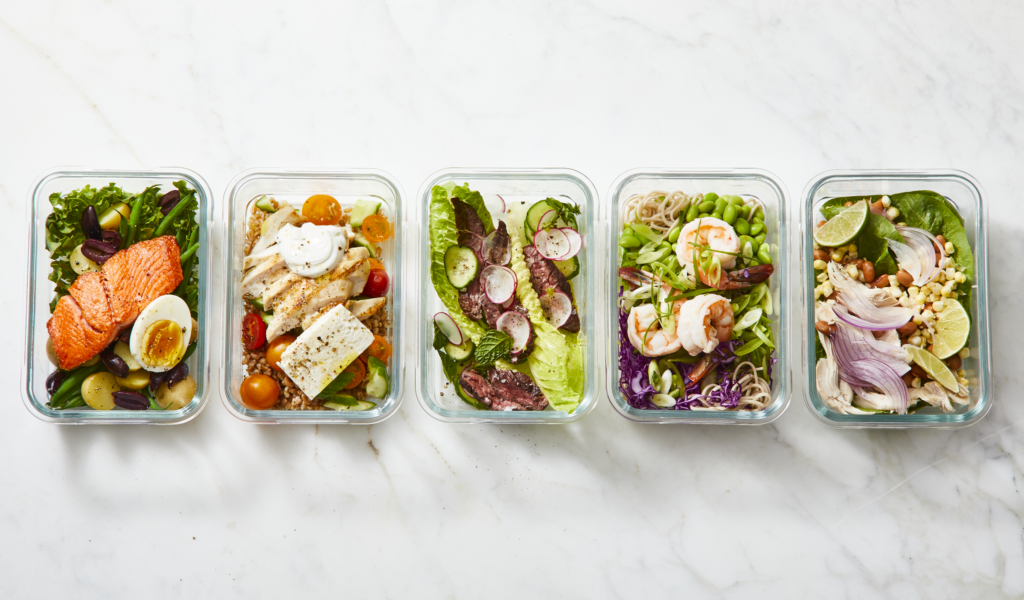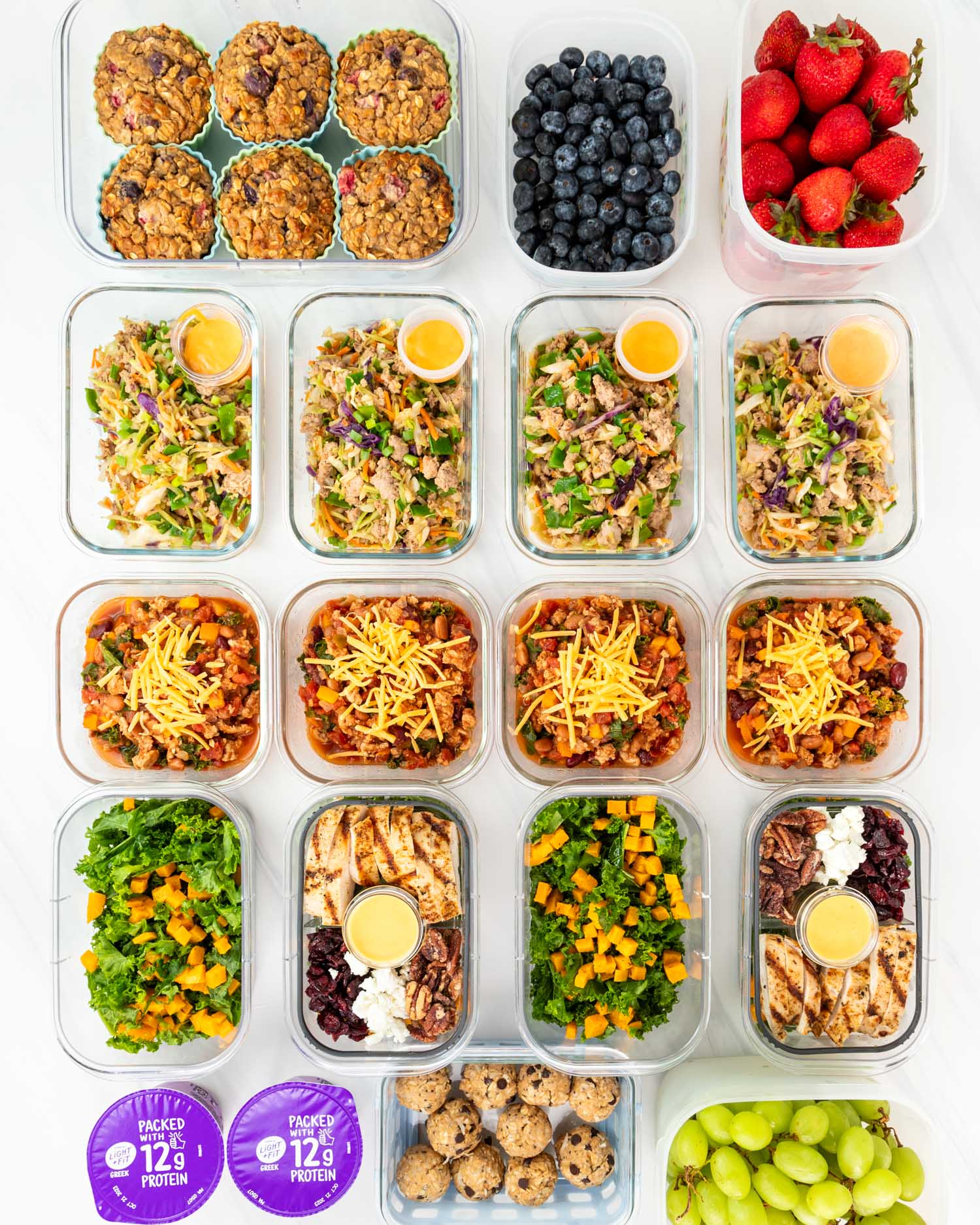
When I first considered the idea of planning and preparing meals in advance, I wasn’t convinced it would have much impact. Would it actually save me time? Would I be able to stick with the routine? Months later, I can confidently say meal prepping has surpassed all my expectations, offering benefits I never anticipated.
One major advantage has been reducing decision fatigue. Before meal prepping, I wasted mental energy every day just figuring out what to eat. Now, with meals prepped and ready, it’s one less decision to make.
Another unexpected benefit has been the positive shift in my eating habits. With pre-portioned, home-cooked meals, I’m less likely to overeat or opt for unhealthy choices. Even on busy days, I have healthy, balanced meals on hand instead of resorting to snacks or takeout.
Practical Tips for Sticking to Weekly Meal Prep
Like any lifestyle change, making meal prep a habit takes commitment. These strategies have worked for me:
- Start small: I began by prepping just two or three meals a week. This approach felt manageable and allowed me to build confidence.
- Choose simple recipes: Elaborate dishes aren’t necessary. Easy options like roasted vegetables and grilled chicken are both delicious and quick to prepare.
- Set a routine: I block off Sunday afternoons for meal prep. Treating this time as non-negotiable has helped me stay consistent.
While consistency is key, it’s also okay to have off weeks. Sometimes I prep less or skip it entirely, and that’s perfectly fine.
Avoiding Common Meal Prep Mistakes
Over time, I’ve made my share of meal prep missteps. Here are the most common mistakes and how I’ve tackled them:
- Over-prepping: Early on, I tried cooking five different meals each week, which quickly became overwhelming. Now, I stick to two or three main dishes and rotate them.
- Forgetting snacks: Initially, I only prepped main meals, which led to unhealthy snacking. Now, I include snacks like hummus with veggies, trail mix, or boiled eggs in my prep routine.
- Ignoring cleanup: Letting dishes pile up during prep sessions added stress. Cleaning as I go has made the process much more enjoyable.
Small adjustments like these have made meal prepping less daunting and more effective.

